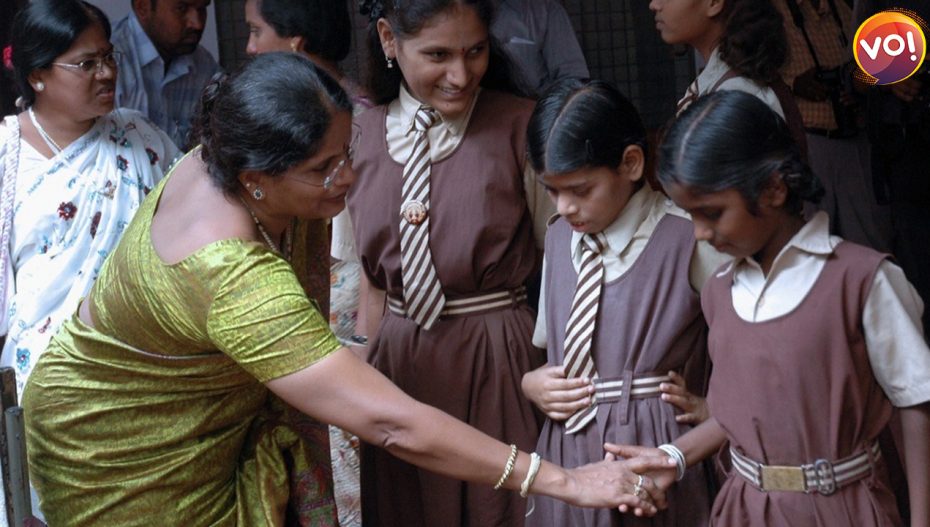The Supreme Court provided a big relief to private school teachers. It held that private school teachers also are employees and therefore entitled to gratuity payment if in continuous service for at least five years.
The Payment of Gratuity Act, in force since September 1972, was extended to educational institutions with 10 or more employees through a notification by the Ministry of Labour and Employment on April 3, 1997.
There was an amendment in 2009, that the law would be effective even if the institution reduces employees to less than 10, giving all private employees the right to gratuity retrospectively since 1997.
The bench of Justices Sanjiv Khanna and Bel M Trivedi directed the payment to employees or teachers, along with interest, as per the provisions of the amended Act within six weeks.
The Supreme court dismissed 20 petitions filed by certain private schools and associations of schools pleading not being financially sound enough to pay gratuity.
The Bench said, “The payment of gratuity can’t be categorised as a windfall or a bounty payable by private schools as it is one of the minimal conditions of service. In this background, the argument of the schools that don’t have the capacity or ability to pay gratuity to teachers is unapt and parsimonious. “All establishments are bound to follow the law. It added that the 2009 amendment “removes the injustice and discrimination faced by teachers due to a continuing legislative error”.
The management of schools had challenged the amendment after losing several cases in the high courts of Allahabad, Bombay, Gujarat, Delhi, Punjab, Haryana, Madhya Pradesh and Chhattisgarh. Others came directly to the top court. They claimed that their fundamental rights to equality (Article 14), the right to do business (Article 19(1)(g),) the right to life (Article 21), and the right to property (Article 300A) had been violated.












